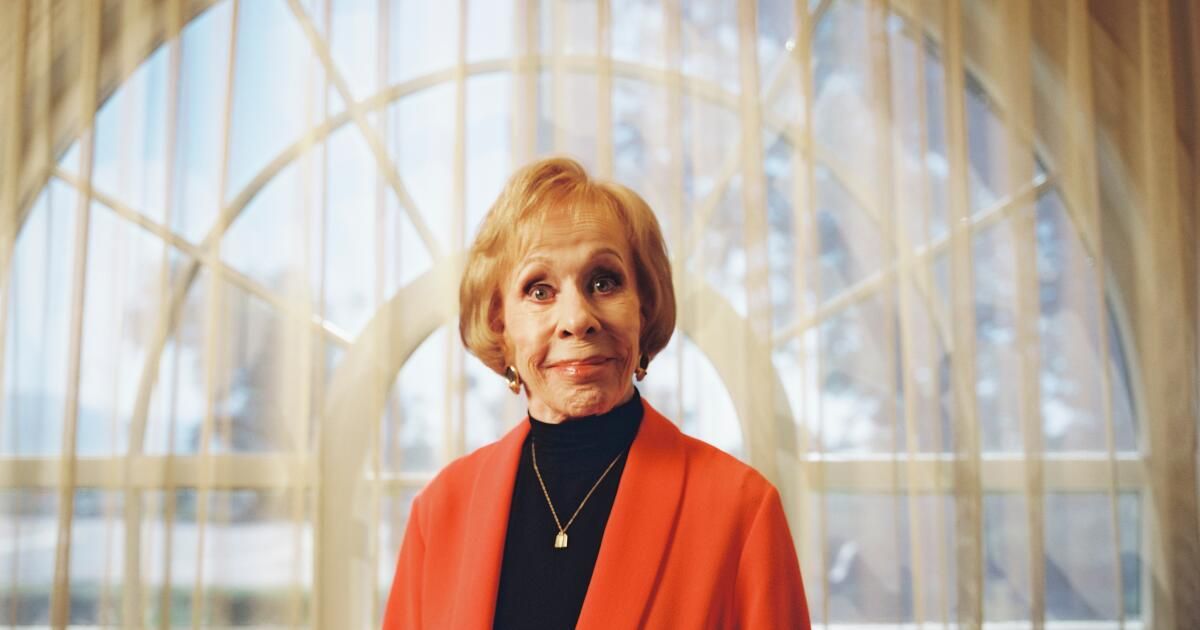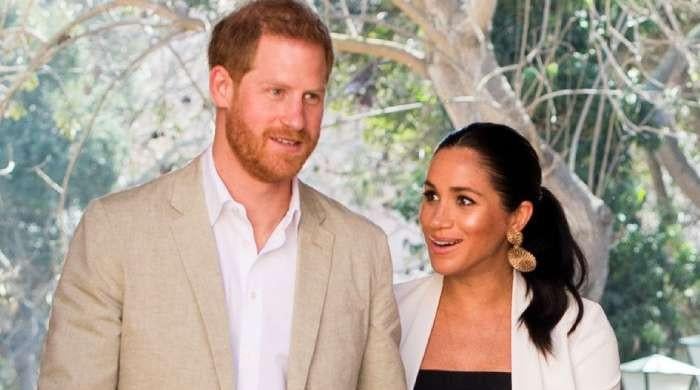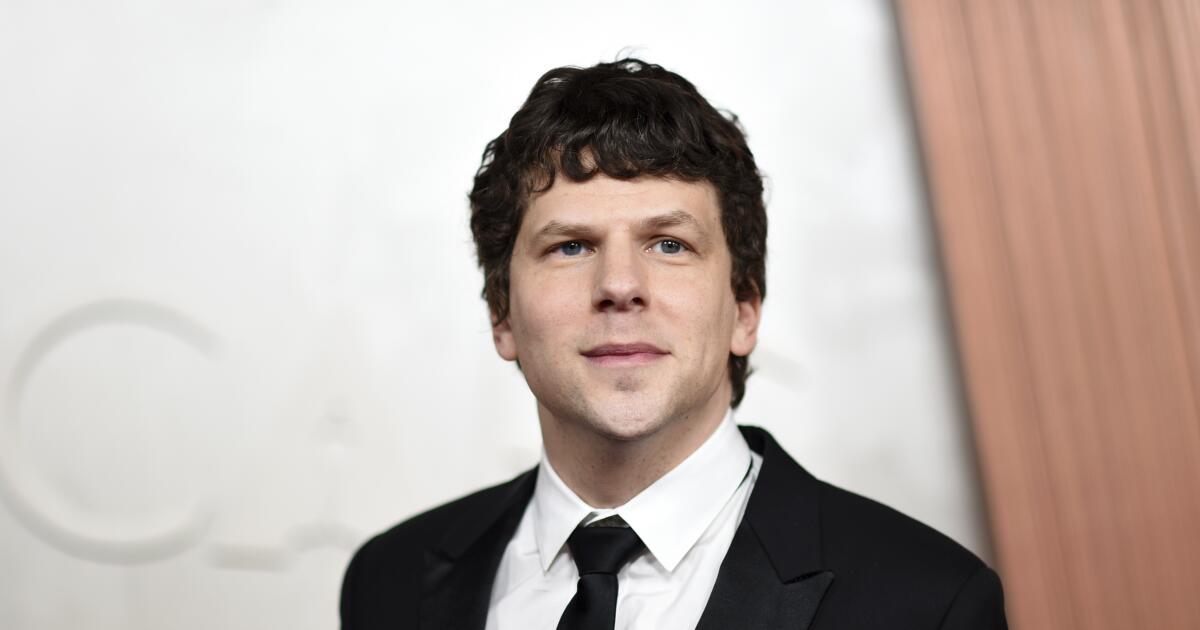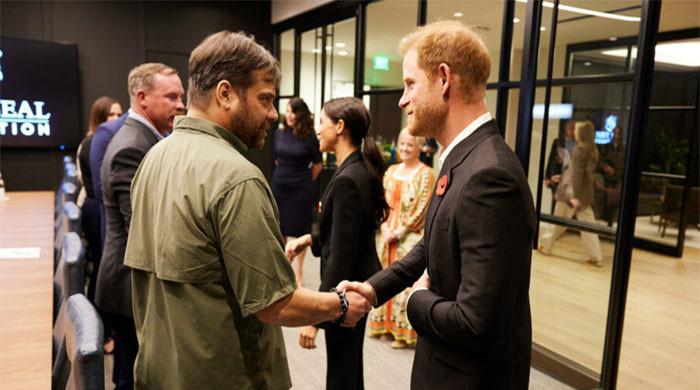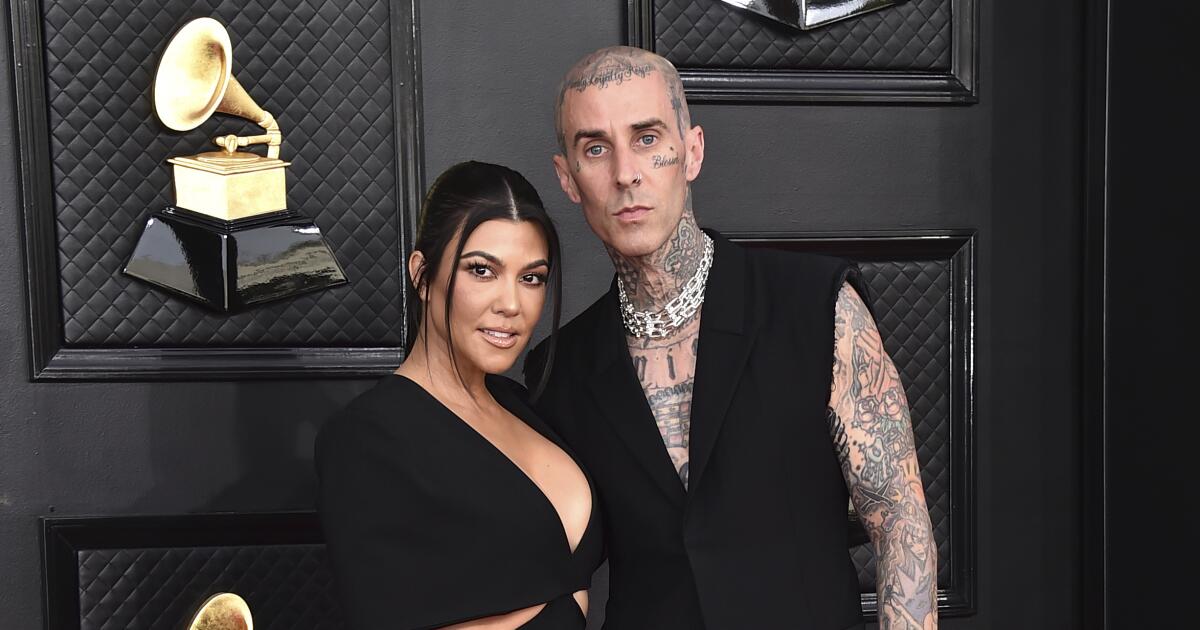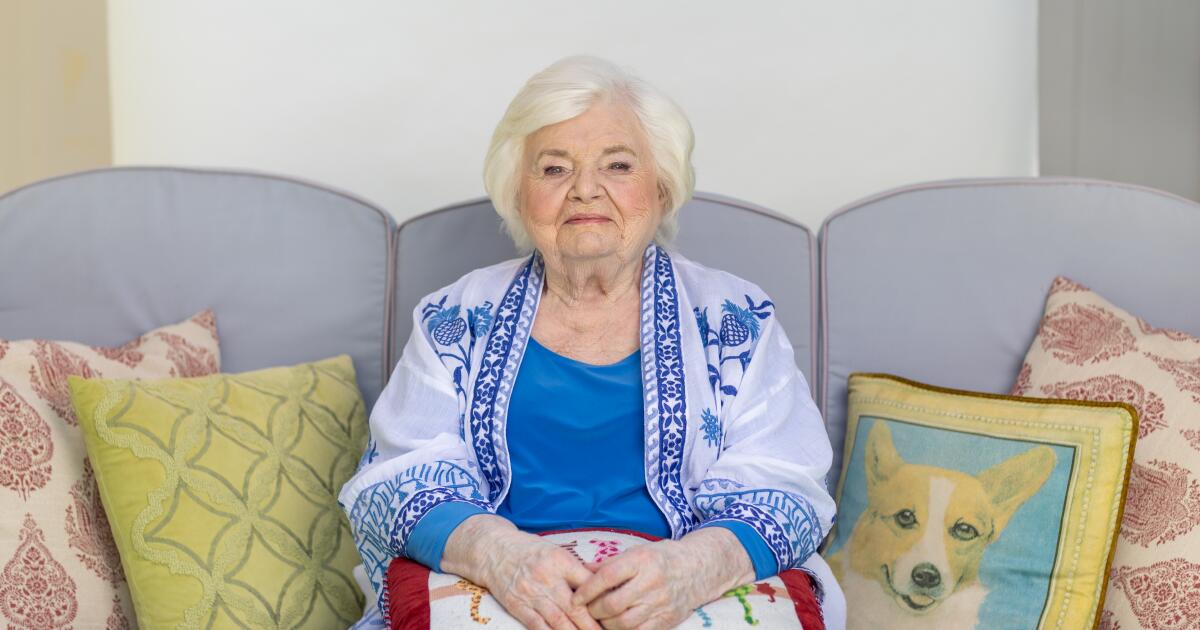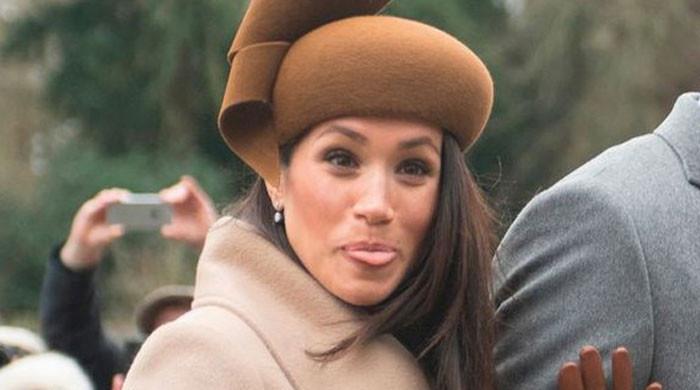In a career that has spanned 70 years, Carol Burnett has been a talented comedian and singer on television, the big screen and Broadway. But until she signed on to “Palm Royale,” she had never taken on a role that required her to spend a significant amount of time speaking in incomprehensible babble. At 91, she is excited to continue experimenting for the first time in her professional career.
“Abe Sylvia, the creator and showrunner, [told me] I can't really form words because I'm just coming out of… [a coma]“I said, ‘What am I doing here? ’ He said, ‘Oh, just talk gibberish,’ but then he said, and I totally agreed, ‘Even though you’re talking gibberish, if you had the lines, how would you emphasize what you’re trying to convey? ’ So that’s what I did: You can’t write gibberish into a script, so I had to make all that up. I was just winging it; I had a lot of fun talking gibberish, if there is such a verb.”
Norma Dellacorte, played by Carol Burnett, is not all she seems in “Palm Royale.”
(Apple TV+)
If Carol Burnett says it’s a verb, then it is. Few stars are as beloved or influential, and in the Apple TV+ series, she’s charming as Norma Dellacorte, the vengeful queen of high society in Palm Beach, Florida, circa 1969, even though she’s slipped into a coma after a stroke. For the first few episodes, Norma is unconscious, but once she awakens, Burnett displays the knack for physical comedy that’s been her trademark since before her groundbreaking variety series, “The Carol Burnett Show.” Some of the funniest moments in “Palm Royale” involve Norma struggling with her immobile mouth to get words out, and Burnett capitalizes on her character’s affliction.
Burnett, who is nominated in the best supporting actress in a comedy category, is very selective about the projects she takes on. “At this stage in my life,” she says, “I just want to do things that I think are going to be funny.” Her recent appearance on “Better Call Saul” came about only because co-creator Vince Gilligan was a friend of hers and thought she would be right for the part. “I was a huge fan, and he called me up: ‘We have a role we’d love for you to play, and it’s a pivotal role because she’s going to be the one who takes down Saul. ’ And I said, ‘I’m in. ’ That started a whole new, I don’t know, renaissance: People who didn’t know my show would go out to dinner and be like, ‘Oh, you’re the girl from ‘Better Call Saul. ’ So then it clicked with ‘Palm Royale. ’”
In conversation, Burnett is vivacious and sharp, as wonderful as you’d expect. She loves to tell stories — like, if things had turned out differently, maybe she would have gone into journalism. But when she attended UCLA, there was no journalism program, so she turned to acting, preparing a stand-up comedy for a class. “I laughed a lot and thought, ‘This is a good feeling. ’ I auditioned for other plays, and all of a sudden, I thought, ‘I think this is what I want to do with my life. ’ Then one of the musicians asked me if I could sing in tune. And I said, ‘Yes,’ because my mother and grandmother and I used to sing in the kitchen. I realized I could belt it out.”
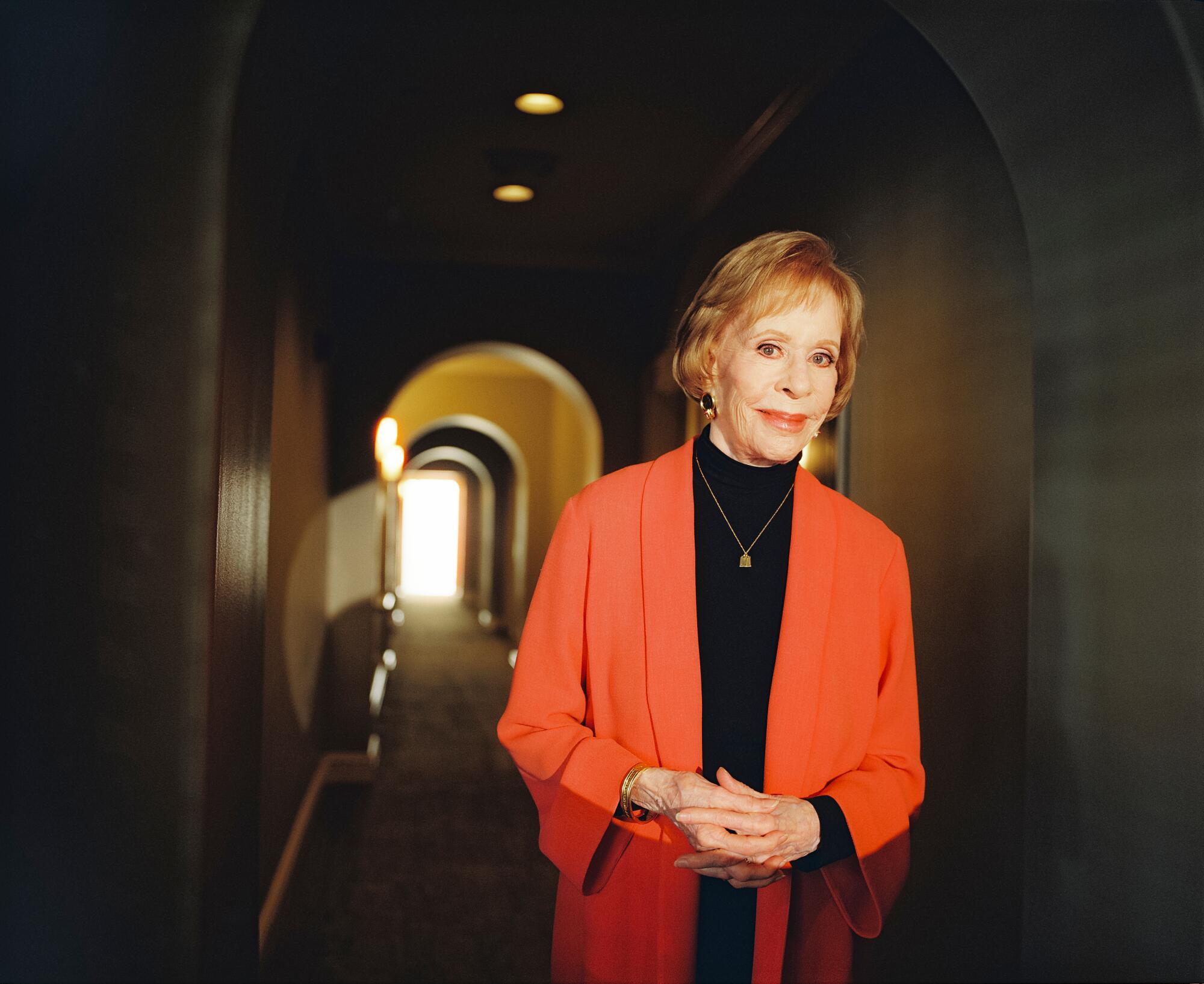
Although “The Carol Burnett Show” was still running in 1969, the comedienne says she decided not to reflect the national unrest of the time in her show.
(Linus Johnson/For The Times)
In the midst of filming the first season of “Palm Royale,” Sylvia told Burnett a secret about the scheming Norma that audiences wouldn’t learn until the end (spoiler alert): She’s actually Agnes, a woman who stole Norma’s identity decades earlier. “Her character is very dark,” Burnett says, approvingly, expressing sympathy for her plight. “I still don’t know who Agnes is, but all I know is that she’s scared because she’s old. As she says, when you get older, no one pays attention to you.” [to you] They don't want it anymore and they want to take over [your life]. So she's resentful, she's old, and she's scared; it's very easy to read that,” Burnett laughs. “It's not that she's resentful, but am old, and I'm not afraid, thank God.”
Though “Palm Royale” is primarily a comedy, the era in which it takes place provides a sobering backdrop for Kristen Wiig’s character’s plot to climb the Palm Beach social ladder. Vietnam and women’s liberation give the show a sociopolitical texture, and it’s a tense time that Burnett remembers well. “The Carol Burnett Show” was set in 1969, though she chose not to reflect that national upheaval in her show.
“I wanted it to be an old-fashioned musical comedy, like you see on Broadway,” he says. “I wanted to get laughs. I wanted sketches. I wanted guest stars and music and dancers and all that. But of course, I knew what was going on in the world; maybe subconsciously, I felt like we had to be there just to make people laugh.”
However, in her spare time she was very politically engaged. “I accepted the ERA [Equal Rights Amendment] — I went to all kinds of fundraisers. I remember calling a famous actor — I won't say who — and I said, “If you'd join, that would be great.” He said, “I don't want to vote for the ERA because that means women will smoke cigars.” Burnett pauses. “Isn't that the stupidest thing you've ever heard? I had three daughters and I wanted them to have equal pay. I mean, it still makes sense: It should be an amendment.”
Will “Palm Royale” be her last time in front of the camera? “I think I might just give up on acting, unless something really crazy comes up. [along]“,” says Burnett, who has “a couple of projects in the works.” [that are] not acting,” including developing a series for Apple TV+. Considering she’s won seven Emmys, a Grammy and a Tony, her legacy can be measured in endless ways, including the fact that her fans tend to burst into happy tears just by watching her. When Julia Louis-Dreyfus invited Burnett onto her podcast, “Wiser Than Me,” she began crying during the episode’s intro. “Palm Royale” cast members cried at an early table read simply from being in Burnett’s presence.
Are you aware of the effect you have on people?
“I am very excited and touched,” she replies modestly. “It's funny, that's what I felt when I met [Lucille Ball]“Because she’s been in my life for a long time. I think that’s it: they’ve known us for a long time, they’ve known my show for a long time.”
Maybe, but it’s also a testament to the joy she’s brought to viewers, inspiring generations of young performers to follow in her footsteps. Burnett is dubious: She’s just there to have fun and enjoy being part of the talented cast of “Palm Royale,” who adore her.
“Sometimes, [people] “People say, ‘Well, you’re the reason I do what I do,’” she says, incredulously. “And my response to that is that if I had never been born, they would be doing what they do. Talent will come out.”

